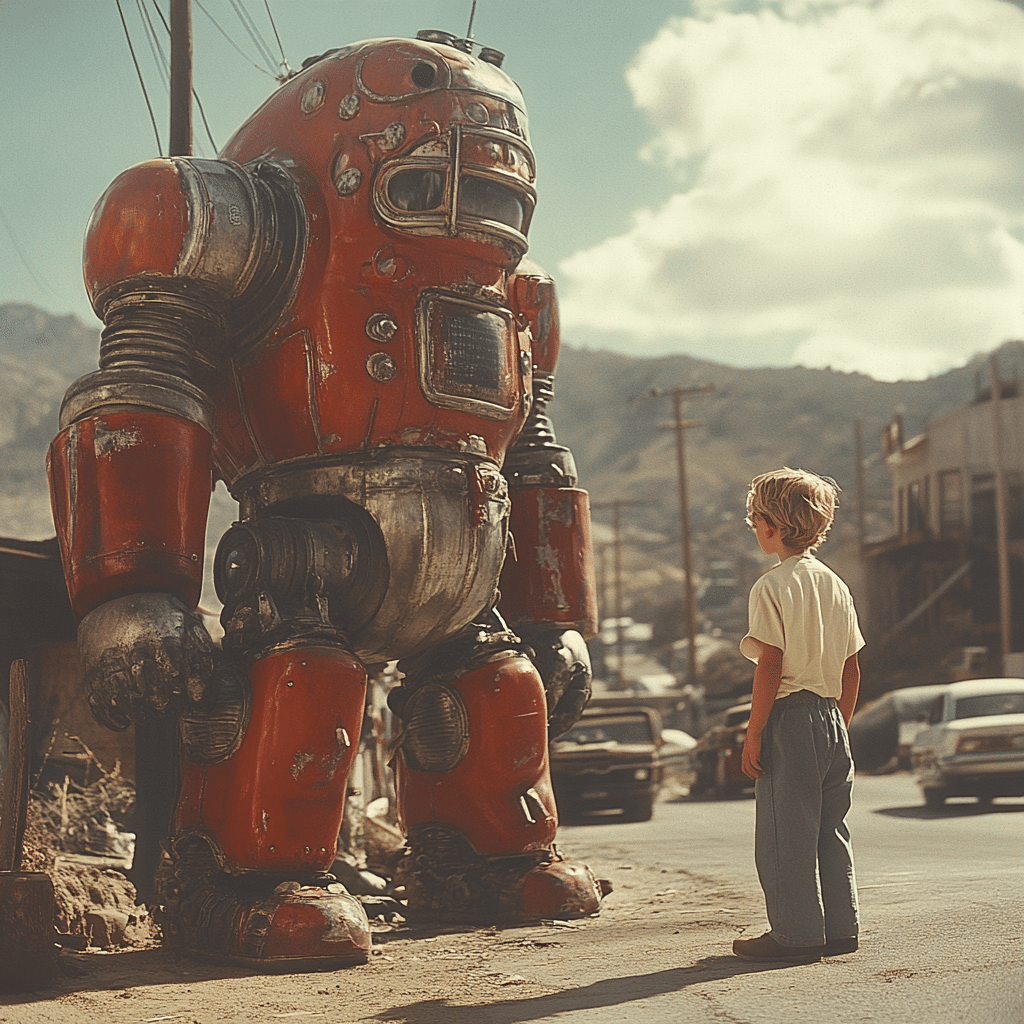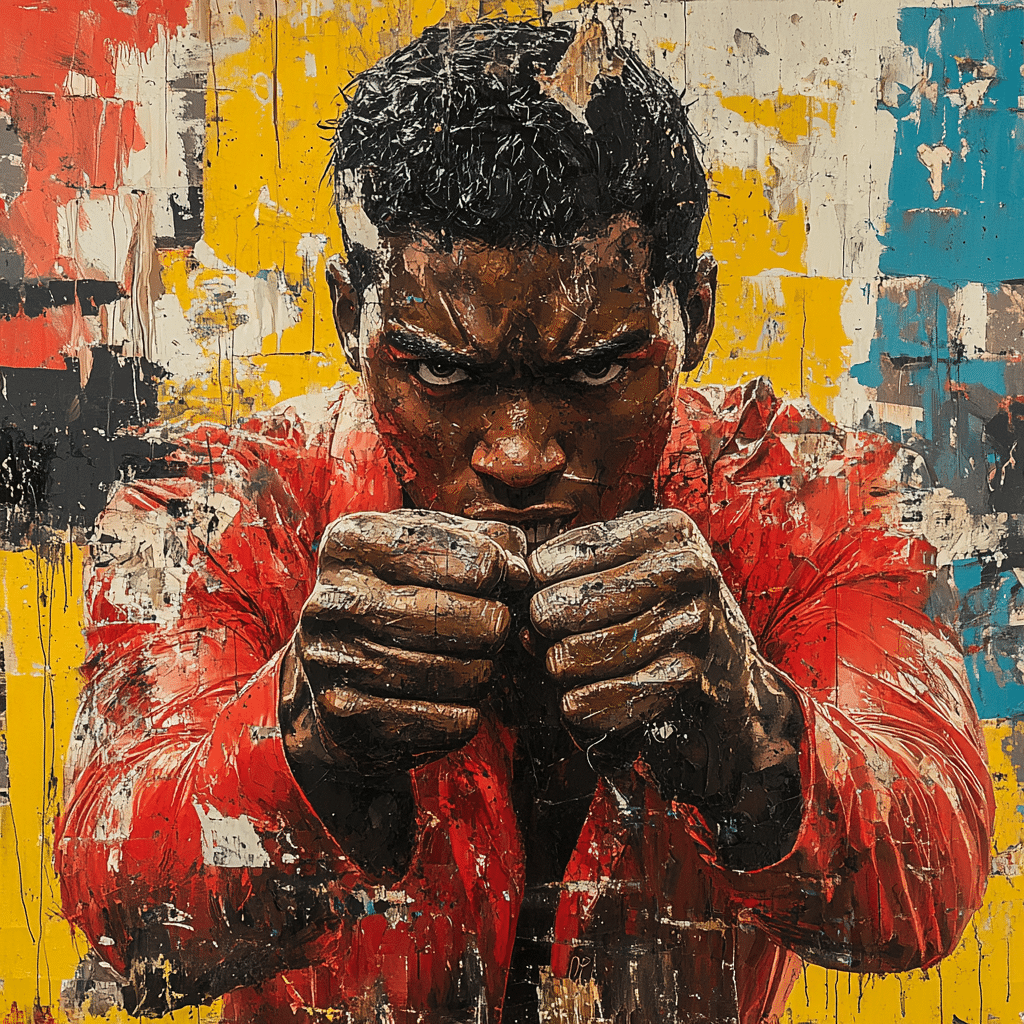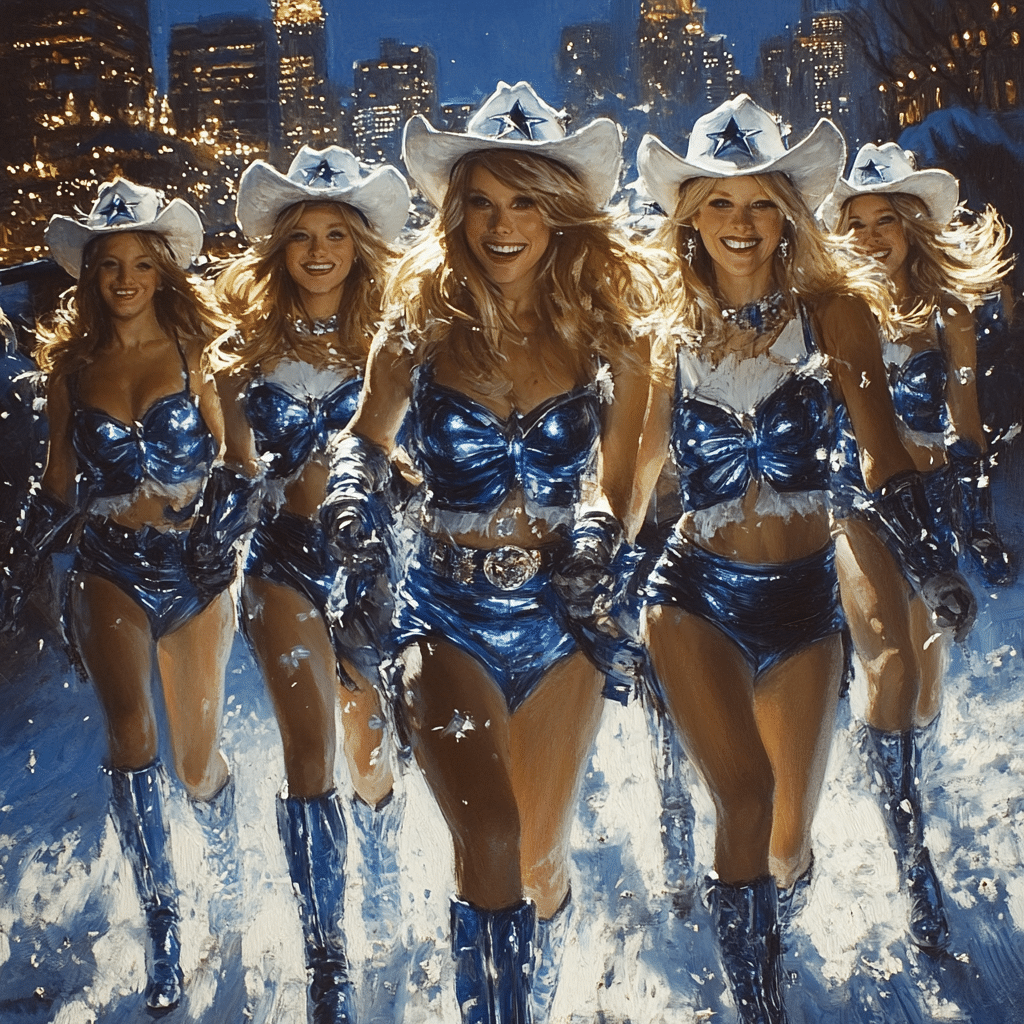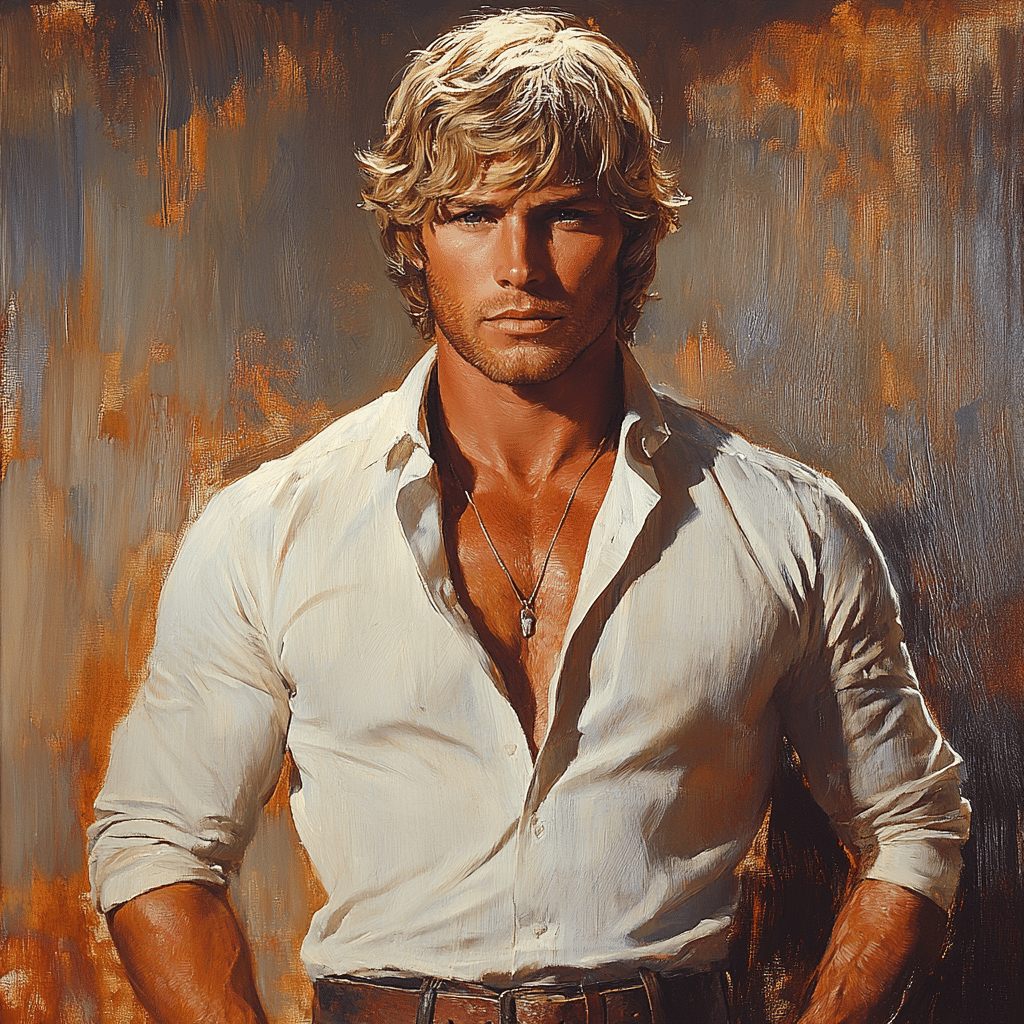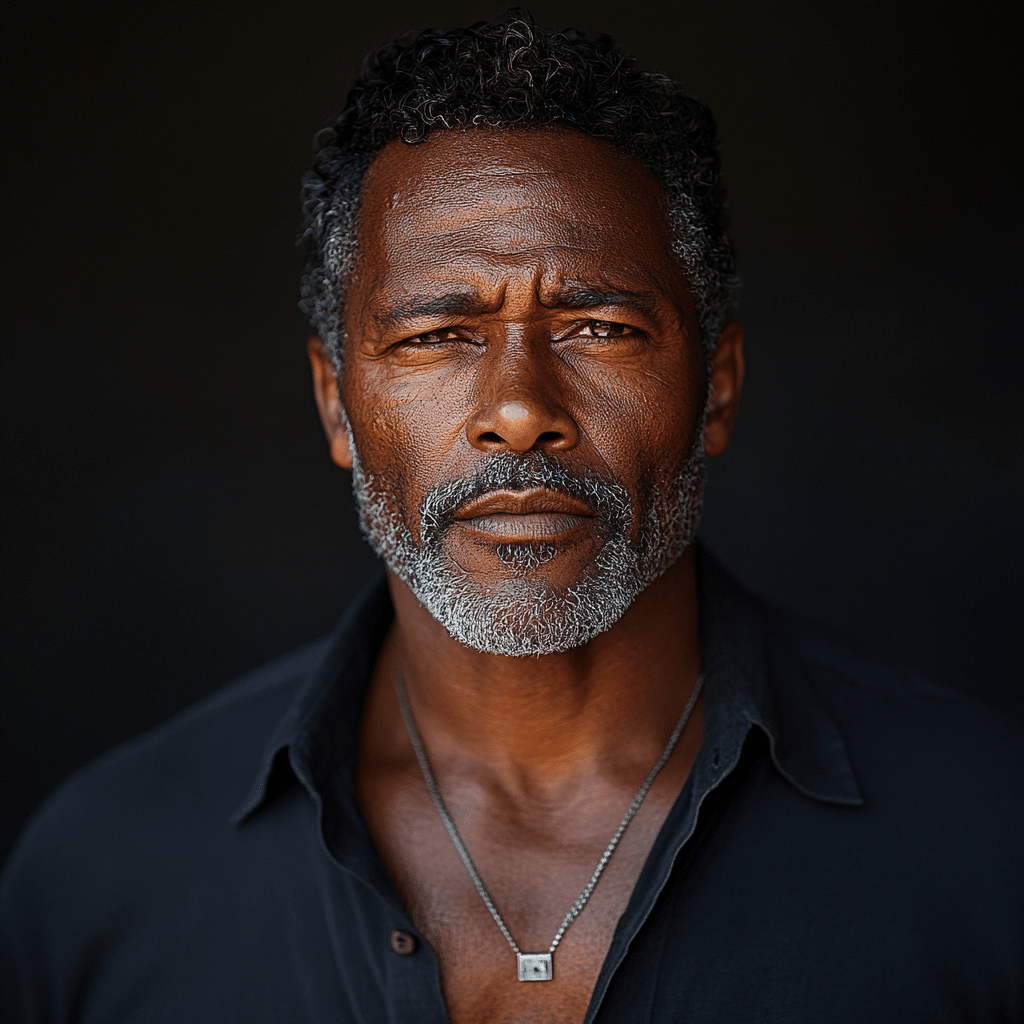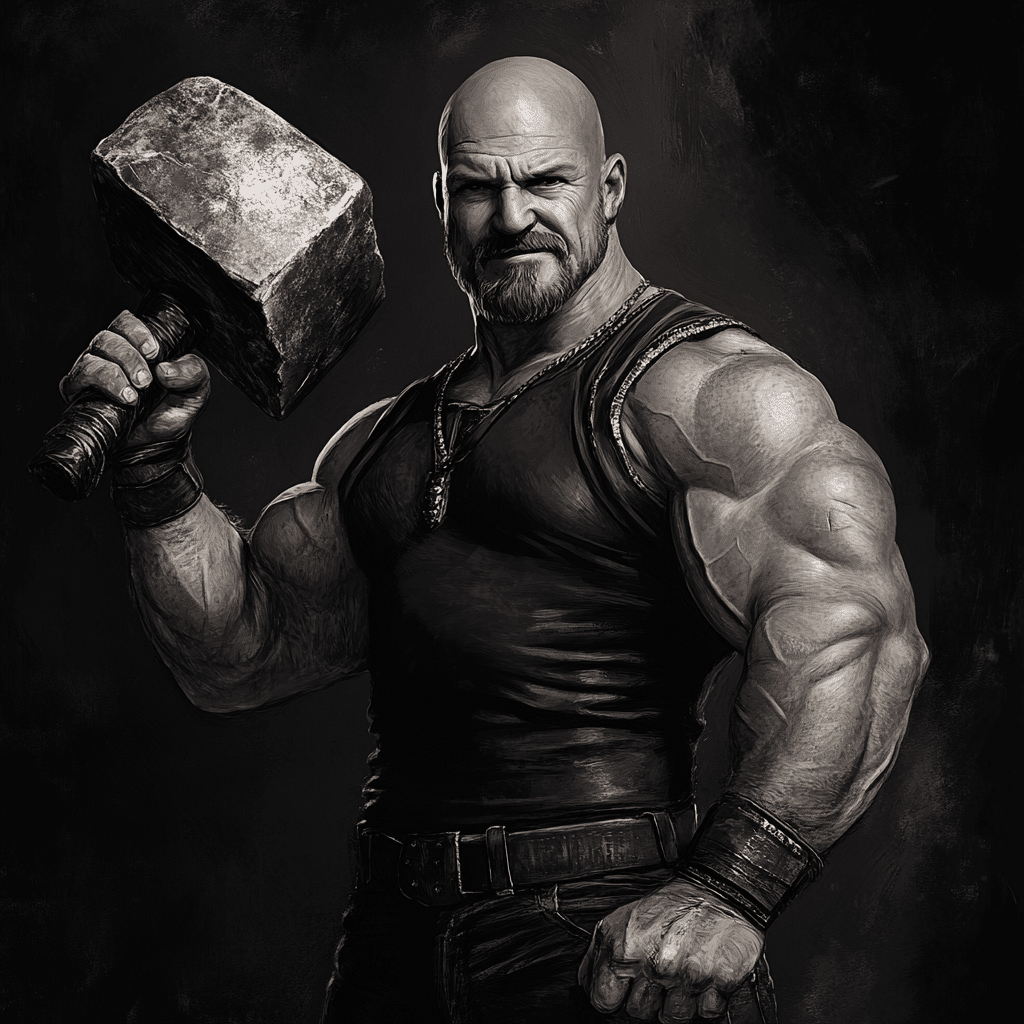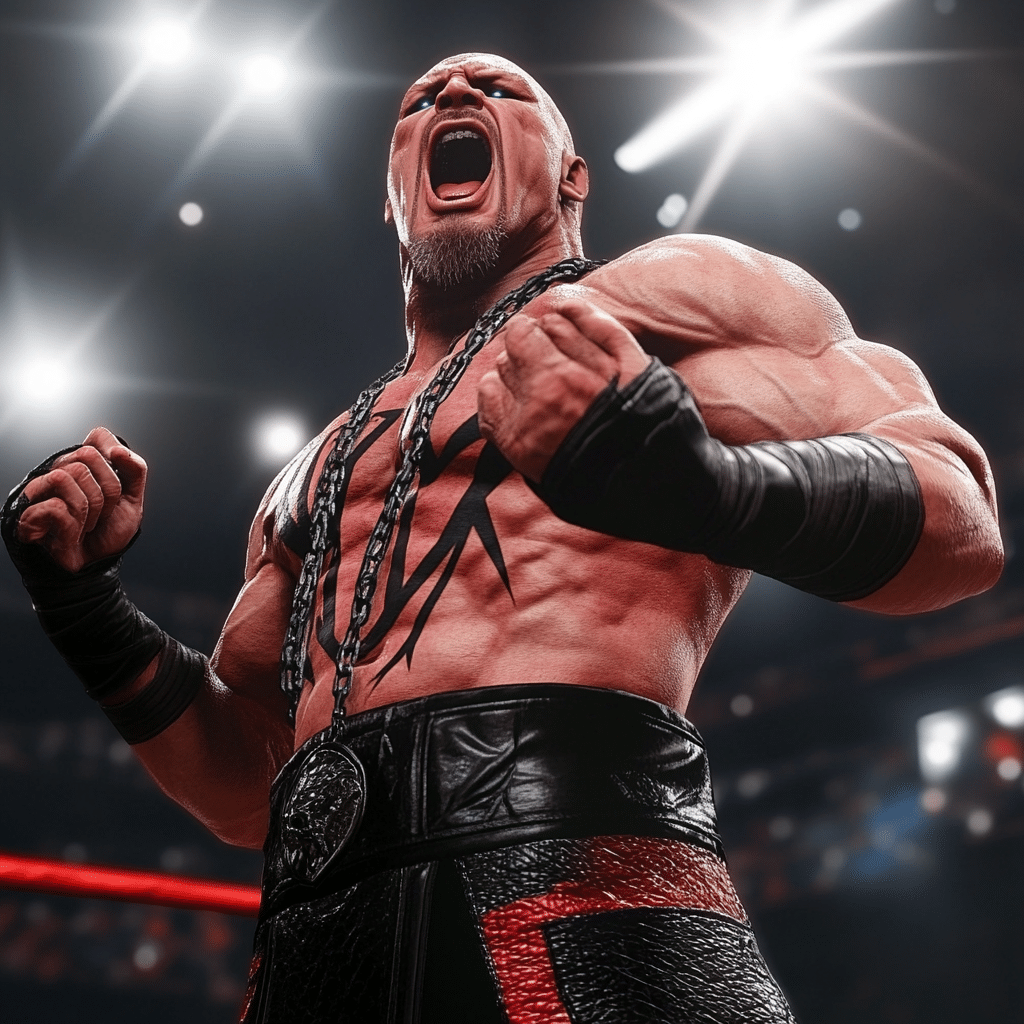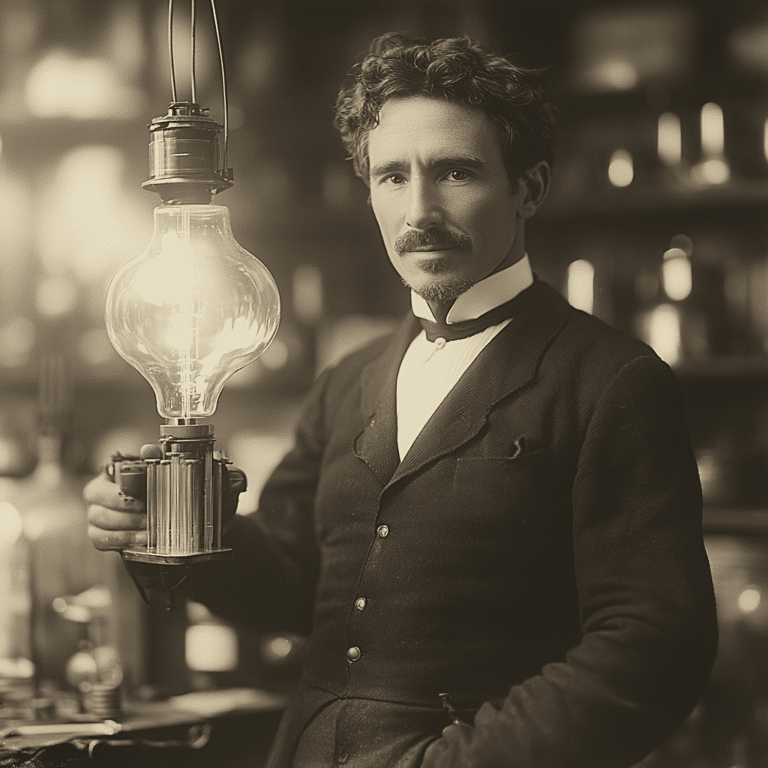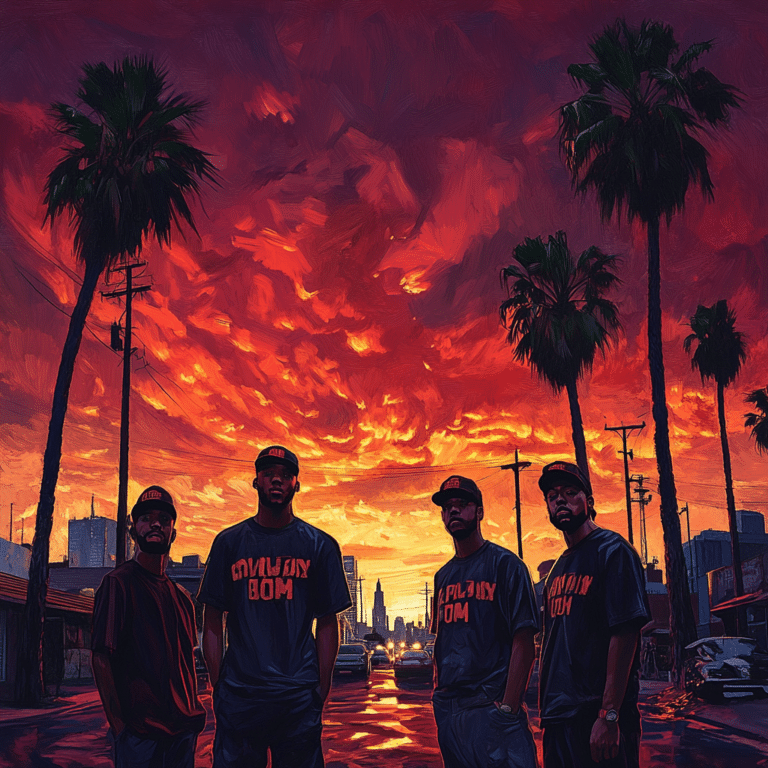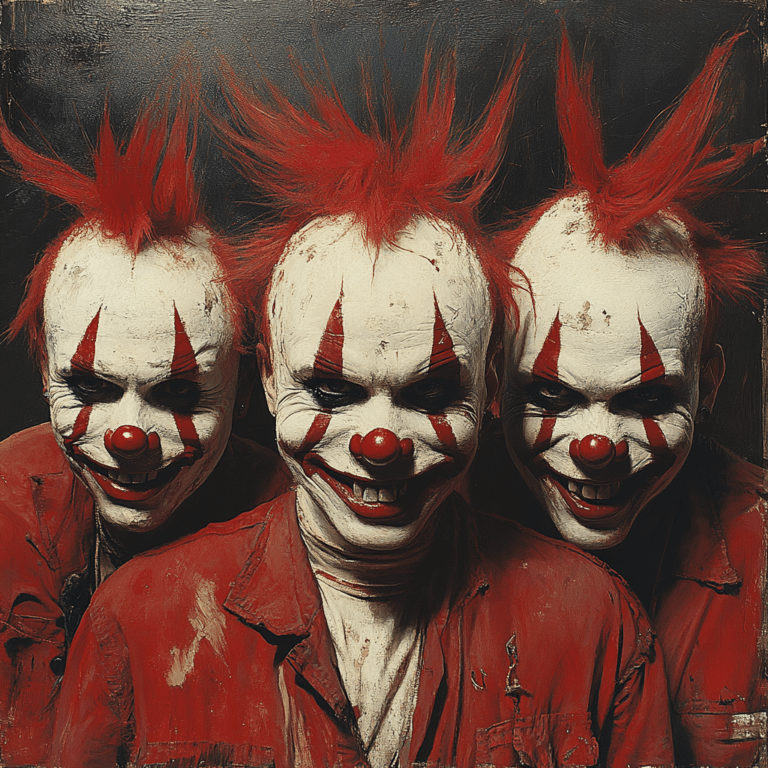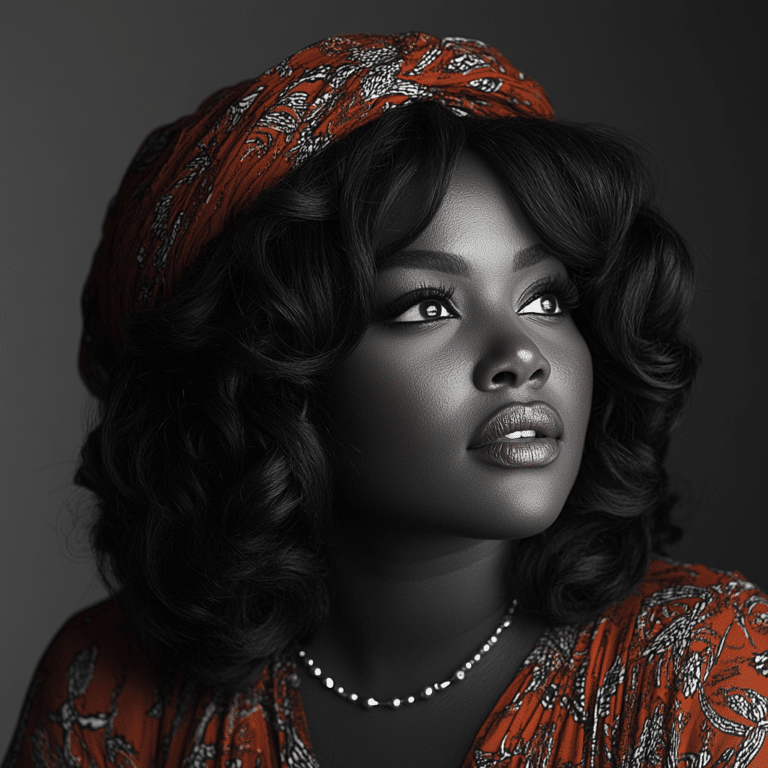If you’ve ever flipped through the channels and stumbled upon a wrestling match, you’ve likely come across the name Mick Foley. This iconic figure is a household name among wrestling fans, known not just for his in-ring prowess but for his captivating storytelling and memorable characters. Mick Foley has not just left a mark on wrestling; he’s revolutionized it! Let’s dive into why Mick Foley is a figure you must know, even if you’re not a wrestling die-hard.
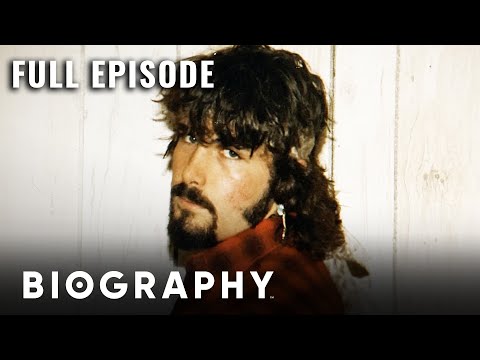
5 Reasons Why Mick Foley is a Wrestling Legend
Mick Foley’s influence extends far beyond the wrestling ring, paving the way for countless performers and changing the way stories are told in sports entertainment. Here are five compelling reasons why Foley’s contributions are pivotal for anyone interested in wrestling.
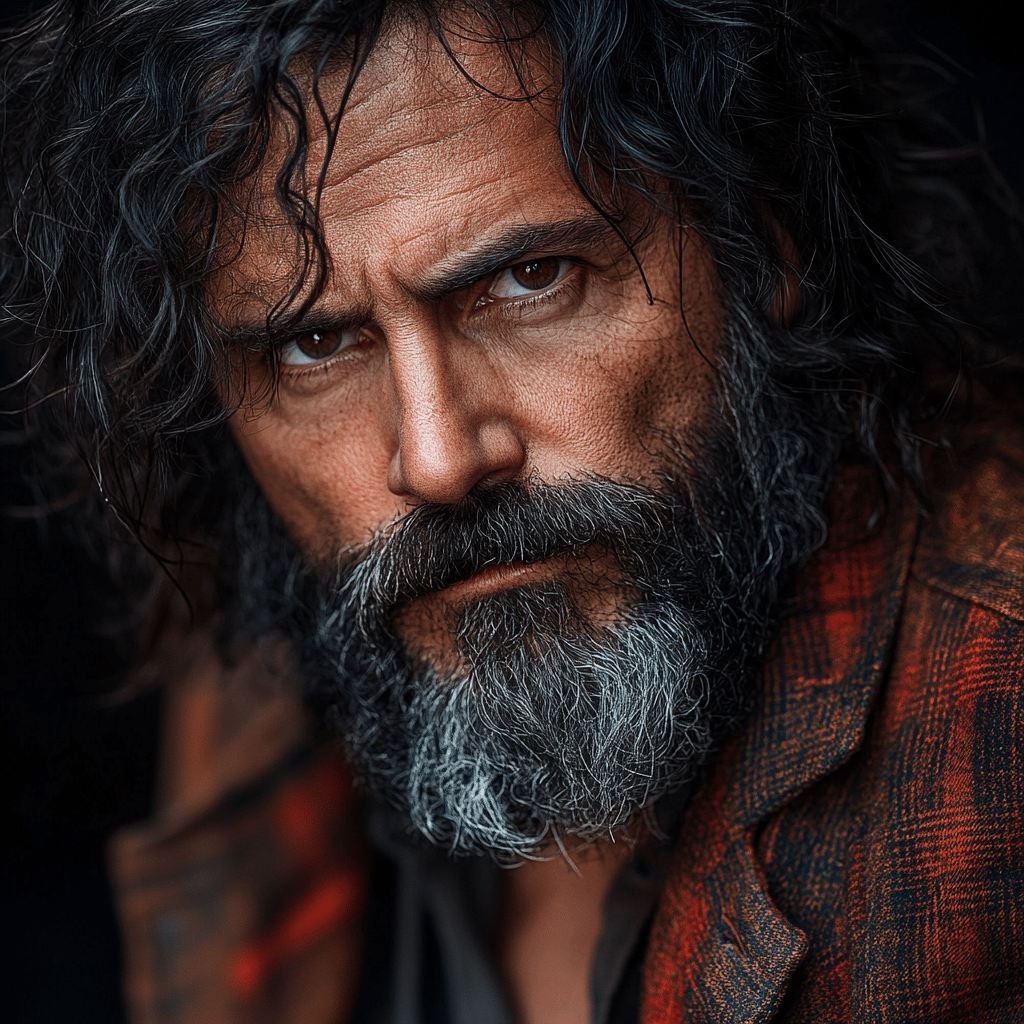
1. The Multiple Personas: Cactus Jack, Mankind, and Dude Love
Mick Foley is often acknowledged for crafting powerful personas that resonate. He didn’t just don different masks; he became characters with distinct personalities and backstories. There’s Cactus Jack, who embodied hardcore wrestling. Mankind, with his tragic history, grabbed attention not just for his brutal style but for his depth. And let’s not forget Dude Love, who brought a playful charm to the scene.
These personas showed fans that wrestling isn’t just about slams; it’s about connection. Each character allowed Foley to showcase various aspects of human emotion—fear, joy, and resilience—that fundamentally changed how wrestlers approached character development. You can see echoes of Foley’s impact in talents like Eddie Guerrero, who also infused emotional layers into his performances.

2. Revolutionary Hardcore Matches and Their Influence
Foley’s matches rewritten the rulebook on brutality. His infamous Hell in a Cell match against The Undertaker in 1998 will forever be etched in wrestling history. Not only did it feature jaw-dropping spots, but it challenged the way audiences perceived violence in pro wrestling. Foley took risks most wouldn’t dare to, often leaving the ring with injuries that’d make ordinary folks cringe.
This approach highlighted the potential for storytelling wrapped in matches filled with physical stakes. Even wrestling moguls like Vince McMahon saw the appeal and business potential backing such extreme bouts. Foley not only entertained; he paved the way for future hardcore wrestling styles that thrill audiences to this day.
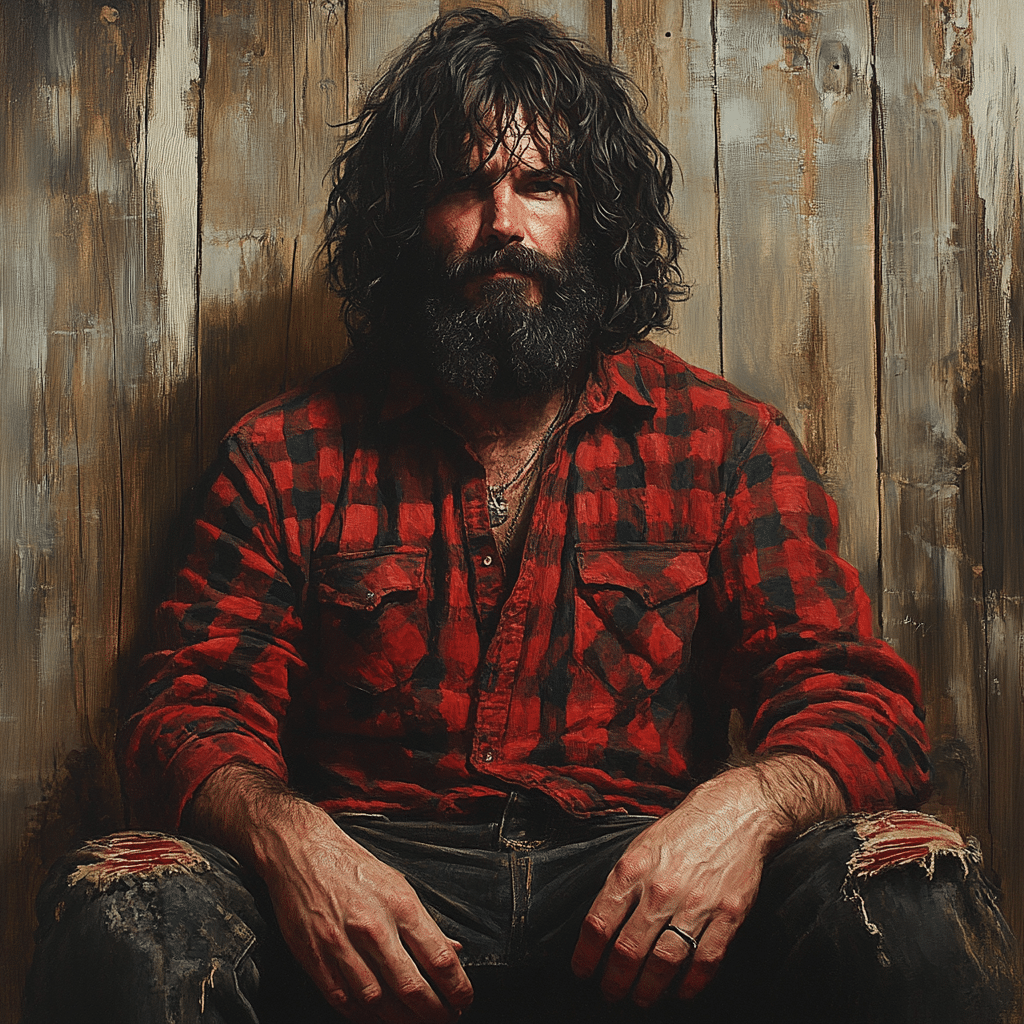
3. Storytelling as an Art Form: The Foley Philosophy
For Foley, wrestling was more than a job; it was a canvas. His understanding of storytelling transformed engaging narratives into wrestling long before other companies caught on. Take his infamous rivalry with The Rock—that wasn’t solely about wins. The blend of humor, tension, and authenticity created a story that captured the hearts of millions.
Foley’s ability to weave personal stories, including his battles with Vince McMahon, shaped a new storytelling approach that resonated with audiences. Wrestlers began to see character development as crucial for their careers, changing the game entirely. Just like the narratives seen in the “Fruits Basket” anime, Foley’s tales were layered and emotional, tugging at the heartstrings of viewers.
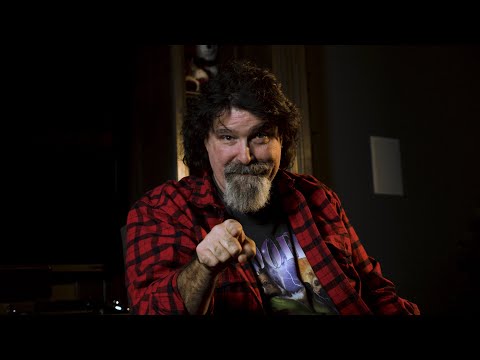
4. Overcoming Adversity: A Blueprint for Resilience
A massive part of Foley’s story is his battle against adversity. From his rise as an underdog to becoming a beloved figure in wrestling, Foley’s journey is inspiring. He faced injuries, setbacks, and doubts throughout his career but always pushed forward.
This theme of resilience isn’t just for wrestling fans—Foley’s life lessons about grit and determination resonate with people in all walks of life. He set a shining example for fans who may have felt like underdogs themselves. Just like the struggles faced by characters in classics like Animal House, Foley shows it’s not how you fall; it’s how you get back up that really counts.
5. Philanthropy and the Legacy Beyond Wrestling
Outside the ring, Foley doesn’t just rest on his laurels. His commitment to philanthropy—whether promoting childhood literacy or anti-bullying campaigns—shows he’s dedicated to making a difference. A famous advocate for causes close to his heart, Foley’s legacy isn’t solely tied to championships; it’s about impacting society.
His efforts illustrate that wrestling can be a platform for positive change. Mick Foley proves there’s more to life than just the glamorous side of fame. His achievements leave a lasting impact far beyond the ring, similar to how Gilgamesh’s journey transcends her historical figure status.
In reviewing Mick Foley’s legacy, it’s evident that his contributions to wrestling are vast and meaningful. He starts conversations through his innovative character work, extraordinary storytelling skills, and unwavering dedication to social causes. Embracing Foley’s philosophies allows fans and newcomers alike to appreciate the intricate tapestry that professional wrestling weaves—a blend of performance, art, and human experience. Mick Foley truly is a legend worthy of acknowledgment, not just in the wrestling world but across popular culture.
Mick Foley: The Legendary Wrestling Icon You Must Know
Unconventional Beginnings
Mick Foley’s journey into wrestling was anything but traditional. Born in Bloomington, Indiana, he spent much of his childhood writing short stories about wrestling. Interestingly, he developed a unique persona inspired by other characters, even incorporating eyeliner into his look, which became a signature part of his appeal. Foley’s career took a turn when he adopted his infamous alter ego, Mankind, a character marked by its eerie intensity and charm. It’s like he emerged from a surreal dream akin to the quirky animation of Raggedy Ann And Andy. His ability to blend excitement with creativity is still influential, inspiring new generations of wrestlers.
A Bizarre Twist of Fate
Foley’s wrestling style, characterized by his willingness to endure extreme pain and suffering, brought him notoriety that transcends the wrestling ring. Did you know that he was once in talks to appear in films like Juror No. 2? This unique crossover potential showcases how wrestling icons often find success in Hollywood. However, Foley’s passion for storytelling didn’t just remain in the ring; he wrote a bestseller, “Have a Nice Day,” which offers a glimpse into his wild life. The highs and lows he faced mirror the unpredictable world, just like the fluctuations in the latest Us Jobs report. Whether in wrestling or writing, Mick Foley’s journey is compelling and worth following.
A Unique Legacy
As if that weren’t enough, Foley also earned recognition beyond the ring by engaging with fans in ways few wrestlers do. He participated in various charity events and even made a cameo in the video game Detroit Become Human. This adaptability in connecting with fans highlights the profound impact of his work. Plus, he’s known for his love of anime, particularly Fruits Basket anime, which resonated with his outlook on friendship and perseverance. The warmth of his character shines through, much like the comfort of Homes in foreclosure that welcome new stories and revitalization. Mick Foley’s multifaceted legacy serves as a reminder that true icons can adapt and thrive in all aspects of life while staying true to themselves.



